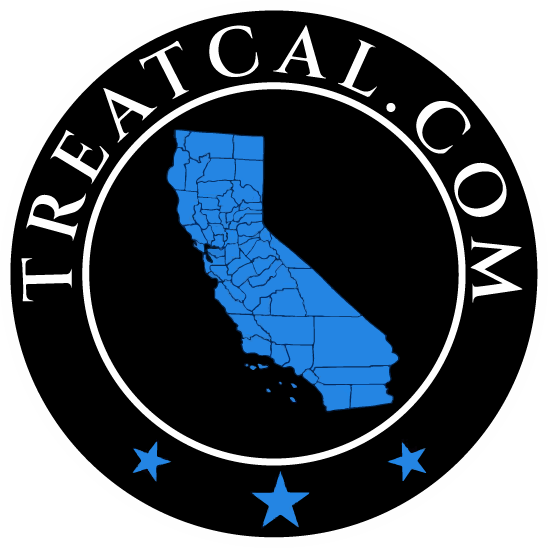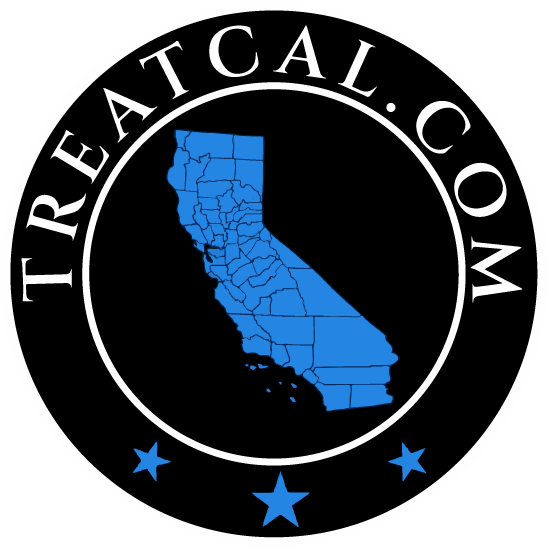The journey to recovery from drug and alcohol addiction is pivotal, not just for the individual but for society as a whole. Rehabilitation offers a beacon of hope, a chance for individuals to rebuild their lives and contribute positively. However, one of the primary concerns many face when considering rehab is the financial aspect. The cost of getting quality care can be daunting, but it’s essential to remember that there are various avenues and resources available to make it more affordable. As we delve into this guide, we aim to shed light on the comprehensive financial options available to support this crucial step towards a healthier life.
Understanding the Cost of Rehab
The cost of rehab is influenced by several key factors. Firstly, the type of treatment chosen plays a significant role, with inpatient programs generally being more expensive than outpatient options. Secondly, the duration of the program is a critical consideration, as longer stays typically incur higher costs. Location matters too, as facilities in urban areas tend to be pricier than those in rural settings. Additionally, specialized care and therapies, such as holistic treatments or dual-diagnosis support, can add to the overall expense. By understanding these factors, individuals can make informed decisions when seeking rehabilitation services that align with their needs and budget.

Insurance Coverage for Rehab
Understanding the ins and outs of insurance coverage for rehabilitation involves considering factors. One crucial aspect is the influence of the Affordable Care Act (ACA) which has made it mandatory for insurance plans to include substance abuse treatment as a benefit. This change has made rehab more accessible to a range of people.
When it comes to insurance policies, such as Health Maintenance Organizations (HMOs) and Preferred Provider Organizations (PPOs) there are variations. HMOs generally have premiums. Restrict your choices to healthcare providers within a specific network limiting your options. On the other hand PPOs offer flexibility by allowing you to see out of network providers albeit at a higher cost.
Before embarking on rehab it’s crucial to verify your insurance coverage. Reach out to your insurer. Contact the treatment facility directly in order to understand the extent of coverage, deductibles and copays involved.
For individuals with income or seniors, government programs like Medicaid and Medicare can provide coverage options. Eligibility and specific details regarding coverage may vary depending on your state and plan. They can be sources of financial support for addiction treatment.
By gaining an understanding of these elements individuals can make informed decisions and gain access to the necessary resources for their journey, towards addiction recovery.
Public and State-Funded Programs
Public and government funded programs play a role in providing resources for individuals seeking treatment for addiction. The Substance Abuse and Mental Health Services Administration (SAMHSA) is a player in this field offering guidance and support. To find rehab centers supported by the state you can utilize SAMHSAs directory. Visit your state’s health department website. Eligibility requirements usually take into account factors such as income, residency and the severity of the addiction. These programs strive to ensure that individuals with means have access to rehabilitation services enabling them to overcome addiction and improve their mental well being.
Grants and Scholarships
Securing funding for addiction treatment is possible through grants and scholarships. SAMHSA provides grants to support addiction treatment initiatives, and non-profit organizations often offer financial assistance to individuals in need. To apply for these opportunities, visit SAMHSA’s website for grant information or search for non-profit organizations specializing in addiction support. Their websites typically have application details and eligibility criteria. These grants and scholarships can significantly ease the financial burden of rehab, helping individuals access the crucial care required for their recovery journey.
Rehab Financing Options
Rehab financing presents various avenues to consider. Personal loans offer flexibility but may involve high-interest rates, potentially straining finances long-term. Healthcare credit cards, designed for medical expenses, often feature low or zero-interest promotional periods, but missed payments can lead to significant interest charges. Rehab centers frequently offer tailored payment plans, breaking down costs into manageable installments, although eligibility varies. Exploring these options enables individuals to select the most suitable choice based on their financial circumstances and rehab requirements.
Sliding Scale and Income-Based Programs
Income based programs and sliding scales are created to provide affordable addiction treatment options, for individuals with varying income levels. These programs function by adjusting the cost of rehab services based on an individual’s circumstances. Typically those with incomes pay a reduced amount while those with incomes contribute more ensuring that treatment remains accessible to everyone.
Eligibility for these programs is often determined through an evaluation of income, expenses and family size. To locate these programs individuals can inquire at rehab centers, community health clinics or state health departments. Additionally certain non profit organizations also offer sliding scale or income based alternatives. These initiatives play a role in removing obstacles to addiction treatment and enabling more people to obtain the necessary support for their recovery.
Crowdfunding and Fundraising
Crowdfunding and fundraising can be powerful tools to gather financial support for rehab costs. Platforms like GoFundMe, Patreon and Kickstarter provide accessible ways to reach out to friends, family, and even strangers for assistance. To run a successful campaign, start by crafting a compelling, personal story explaining your need for rehab. Use engaging visuals and videos to connect with potential donors emotionally. Share the campaign on social media, and consistently update supporters on your progress. Express gratitude and keep the momentum going by offering small rewards or incentives. With a well-organized campaign, individuals can harness the generosity of their networks to help fund their recovery journey.

Choosing the Right Facility Based on Budget
Selecting the right rehab facility within your budget involves careful consideration of treatment necessities and amenities. Start by assessing your specific needs and the severity of your addiction. While luxurious facilities may offer upscale amenities, more affordable options can provide essential treatment effectively.
Pros of choosing a budget-friendly facility include cost savings, potentially shorter waiting lists, and a focus on core therapies. However, these options might have limited amenities and a less luxurious environment.
On the other hand, upscale facilities offer additional comforts and recreational activities, but they often come with a significantly higher price tag. It’s essential to strike a balance that aligns with your financial situation and treatment requirements to ensure a successful and sustainable recovery. Careful research and consultation can help you make an informed decision.
Alternative Therapies and Community Programs
Community based programs, like Alcoholics Anonymous (AA) and Narcotics Anonymous (NA) are resources for individuals on the journey to overcome addiction. These groups create a sense of belonging and follow a 12 step approach emphasizing abstinence and personal growth. Therapy and counseling components of these programs play a crucial role in addressing the psychological aspects of addiction. Qualified therapists or counselors assist individuals in recognizing triggers, developing coping mechanisms and navigating challenges. The combination of community support and professional guidance offers a highly effective pathway, towards long term sobriety.
Conclusion
In conclusion it is crucial to prioritize seeking assistance, for addiction regardless of limitations. There are options to explore, such as government funded programs and insurance coverage as well as grants, scholarships and community based support. It is essential to consider all avenues for financing so that the cost does not discourage anyone from embarking on the journey towards recovery. The path to overcoming addiction requires courage and determination. There is an abundance of resources and support available to help individuals achieve lasting sobriety. Remember that reaching out for help is a step towards leading a happier life free from addiction.


